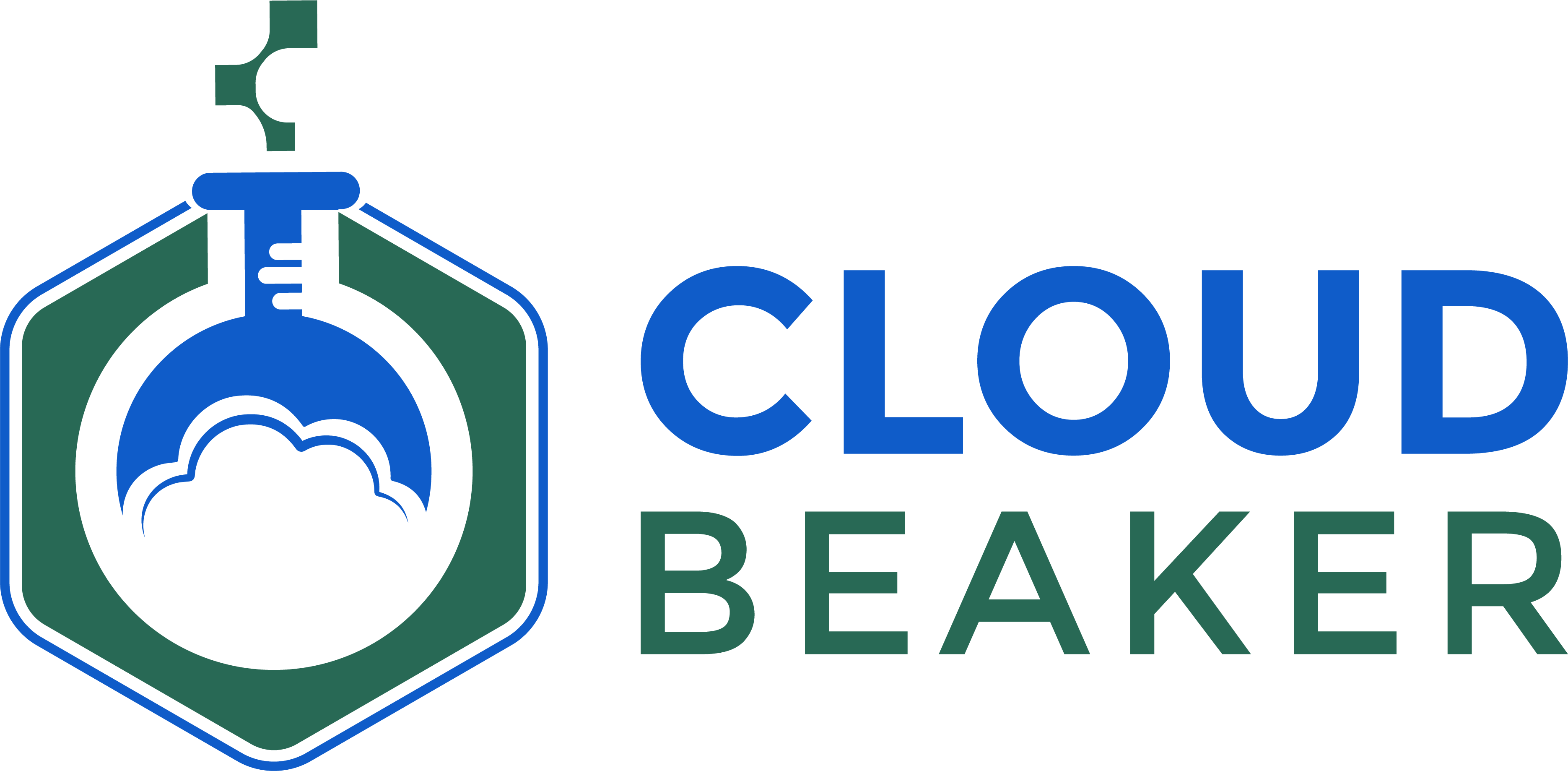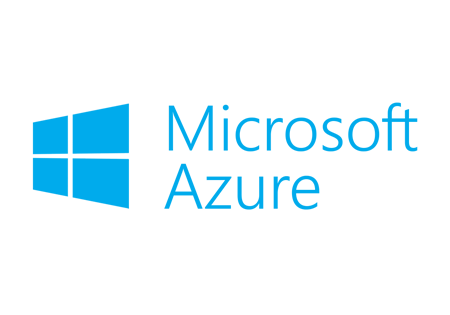By Ernesto Couso
In the digital age, the sky is the limit when it comes to innovative business strategies. One soaring trend is the Multi-Cloud approach, which takes cloud adoption to new heights. If you’re wondering how to make the most of this strategy while keeping your feet on the ground, you’ve come to the right place. In this article, we’ll explore the benefits of a Multi-Cloud approach, focusing on Google Cloud Platform (GCP) and Microsoft Azure, and discuss why it’s essential for business continuity.
Why Multi-Cloud?
The cloud has transformed the way we work, live, and play. It’s no surprise that businesses are flocking to adopt cloud services to streamline operations, reduce costs, and enhance performance. But why stop at one cloud when you can have many? A Multi-Cloud approach means using multiple cloud services from different providers, allowing you to cherry-pick the best features from each and create a tailored solution for your business needs. Check out the advantages of Multi-Cloud below:
Multi-Cloud Advantages
Flexibility and Customization: With a Multi-Cloud approach, you can mix and match services from different providers, like Google Cloud and Azure, to create a bespoke solution for your organization. Whether it’s the best-in-class artificial intelligence (AI) services from Google or the robust developer tools offered by Azure, you can combine these elements to build a solution that perfectly fits your requirements.
Cost Optimization:
Competition is fierce among cloud providers, which means they’re constantly innovating and offering attractive pricing models. By adopting a Multi-Cloud strategy, you can take advantage of these competitive prices and optimize your costs. For example, you might use Google Cloud for AI and machine learning workloads, while leveraging Azure for storage and backup solutions.
Reduced Vendor Lock-In:
Relying on a single cloud provider can be risky, as it could lead to vendor lock-in. With a Multi-Cloud approach, you can avoid this trap and ensure that your business is not overly reliant on a single provider. This gives you the flexibility to switch providers or add new ones as your needs evolve.
Enhanced Security and Compliance:
Different cloud providers have distinct security protocols and certifications. By using multiple providers, you can leverage the best security features of each platform to protect your data and meet compliance requirements. This is particularly useful for businesses operating in heavily regulated industries or across multiple jurisdictions.
Improved Business Continuity:
A Multi-Cloud strategy can enhance your business continuity plan. By distributing your workloads across different cloud providers, you can minimize the risk of downtime due to provider-specific issues or outages. This ensures that your business remains operational and resilient in the face of any challenges.
Resilience:
Another compelling reason to embrace a Multi-Cloud approach is the opportunity to tap into the innovation and expertise of multiple cloud providers. With the rapid pace of technological advancement, it’s essential for businesses to stay ahead of the curve. By utilizing a Multi-Cloud strategy, you can benefit from the groundbreaking innovations offered by different providers, ensuring that your business remains agile, adaptable, and future-proof. This not only enhances your company’s resilience but also fosters a culture of continuous improvement and growth.
The Dynamic Duo: Google Cloud and Azure
Google Cloud Platform (GCP) and Microsoft Azure are two of the leading cloud service providers, and for good reason. These powerhouses offer a diverse range of services, features, and benefits that can help you get the most out of a Multi-Cloud approach.
Google Cloud Platform (GCP)
Google has built its reputation on being an innovator, and its cloud platform is no exception. GCP excels in areas such as machine learning, big data analytics, and AI. Some of the key advantages of GCP include:
- Cutting-edge AI and machine learning services
- Global scale and reach, with data centers in over 200 countries
- Competitive pricing, particularly for data storage and processing
- Strong emphasis on open-source technologies and collaboration
Microsoft Azure
As a tech titan with a long history, Microsoft has developed a comprehensive cloud platform that caters to a wide range of businesses and industries. Azure is known for its robust developer tools, strong integration with other Microsoft products, and enterprise-grade security features. Some of the key advantages of Azure include:
- Seamless integration with Microsoft products, such as Office 365 and Dynamics 365
- A vast array of developer tools, making it a popular choice for application development and deployment
- Strong focus on hybrid cloud solutions, allowing for smooth integration with on-premises infrastructure
- Compliance with numerous industry-specific regulations, making it an ideal choice for regulated industries
Putting it All Together: Multi-Cloud for Business Continuity
A Multi-Cloud approach, combining the strengths of GCP and Azure, can provide your business with a solid foundation for continuity and resilience. Here’s how:
Diversification:
By spreading your workloads across multiple cloud providers, you can ensure that your business is not overly reliant on a single provider. This reduces the risk of downtime due to provider-specific issues or outages, ensuring that your operations remain up and running.
Geographic Redundancy:
Both GCP and Azure offer a global network of data centers. By hosting your applications and data in multiple regions, you can minimize the impact of regional outages or disruptions, ensuring seamless service delivery to your customers.
High Availability and Disaster Recovery:
Google Cloud and Azure both offer robust solutions for high availability and disaster recovery. By leveraging these features, you can create a Multi-Cloud architecture that ensures your critical applications and data remain available, even in the face of unexpected events or disasters.
Scalability and Performance:
GCP and Azure both provide powerful tools for scaling your applications and infrastructure. With a Multi-Cloud approach, you can take advantage of the best scaling capabilities from each provider, ensuring that your business can grow and evolve without limitations.
Enhanced Security:
By combining the security features of GCP and Azure, you can create a Multi-Cloud environment that offers comprehensive protection for your data and applications. This can help you meet regulatory requirements and safeguard your business from potential threats.
Conclusion
In today’s fast-paced, digital world, adopting a Multi-Cloud strategy can give your business a competitive edge. By leveraging the unique strengths of Google Cloud Platform and Microsoft Azure, you can create a flexible, cost-effective, and resilient cloud infrastructure that ensures business continuity and long-term success. So why not juggle the clouds and unlock your business’s true potential?









